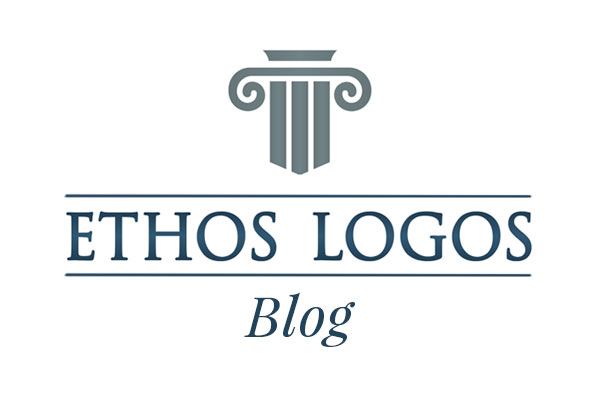
Epstein and Ferguson explain how a well-rounded education. In this day and age of transition, I believe our education system needs to adapt to focusing on generalist, critical thinkers.
Dear Tech World, STEMism is Hurting Us
In a blistering assault on the value of the liberal arts many months ago, former Sun Microsystem CEO Vinod Khoshla offered anything but nuance in his opening indictment: “Little of the material taught in Liberal Arts programs today is relevant to the future.”
The rest of his article is a tirade against majoring in the liberal arts.
However, Khoshla’s own field, tech, is full of people who’ve devoted their university days to the liberal arts:
- Susan Wojcicki (CEO of YouTube) majored in history
- Reid Hoffman (founder of Linkedin) majored in philosophy
- Stewart Butterfield (CEO of Slack) majored in philosophy
- Alexa Hirschfeld (cofounder of Paperless Post) majored in Classics
- Parker Harris (cofounder of Salesforce) majored in English Literature
- Jack Ma (cofounder of Alibaba) majored in English....
...
Steve Jobs understood the advantage of incorporating fields that focus on pushing the boundaries of human knowledge. His obsession with beautiful fonts stemmed from a course on calligraphy at Reed College. As he once said, “it’s in Apple’s DNA that technology alone is not enough — that it’s technology married with liberal arts, married with the humanities, that yields us the result that makes our hearts sing.”
Our world overflows with talented minds that have achieved entrepreneurial success aided by a value for visual aesthetics and trained in literature, history, and philosophy. This is not news for the business and tech world. Yet whenever STEM evangelists in tech preach the gospel of STEM, they inevitably trash the “soft disciplines.”...
A company comprised of people with HEAT backgrounds will produce diversity of thought — the yeast of innovative thinking. Training in psychology, anthropology, art, literature, history, philosophy, Classics, and journalism are skills that will advance innovative and creative thinking in an organization.
Scott Hartley articulates not just the value of the humanities in the tech world but the vital role the liberal arts will play in its future:
“When we talk about ‘software eating the world,’ there’s a flipside to that. Software is touching every aspect of our lives, which in turn means that we require more diversity of thought, passion, and methodology to apply that tech meaningfully to the biggest problems we face. Code is necessary, but not sufficient. Lost in the drumbeat of STEM is the human context.”
Seneca wrote a number of tragedies that directly inspired William Shakespeare, but was also one of the main exponents of the Stoic school of philosophy, which has made a surprising comeback in recent years. Stoicism teaches us that the highest good in life is the pursuit of the four cardinal virtues of practical wisdom, temperance, justice and courage – because they are the only things that always do us good and can never be used for ill. It also tells us that the key to a serene life is the realization that some things are under our control and others are not: under our control are our values, our judgments, and the actions we choose to perform. Everything else lies outside of our control, and we should focus our attention and efforts only on the first category.
Yep. Teach, study and learn the above and good things will happen.